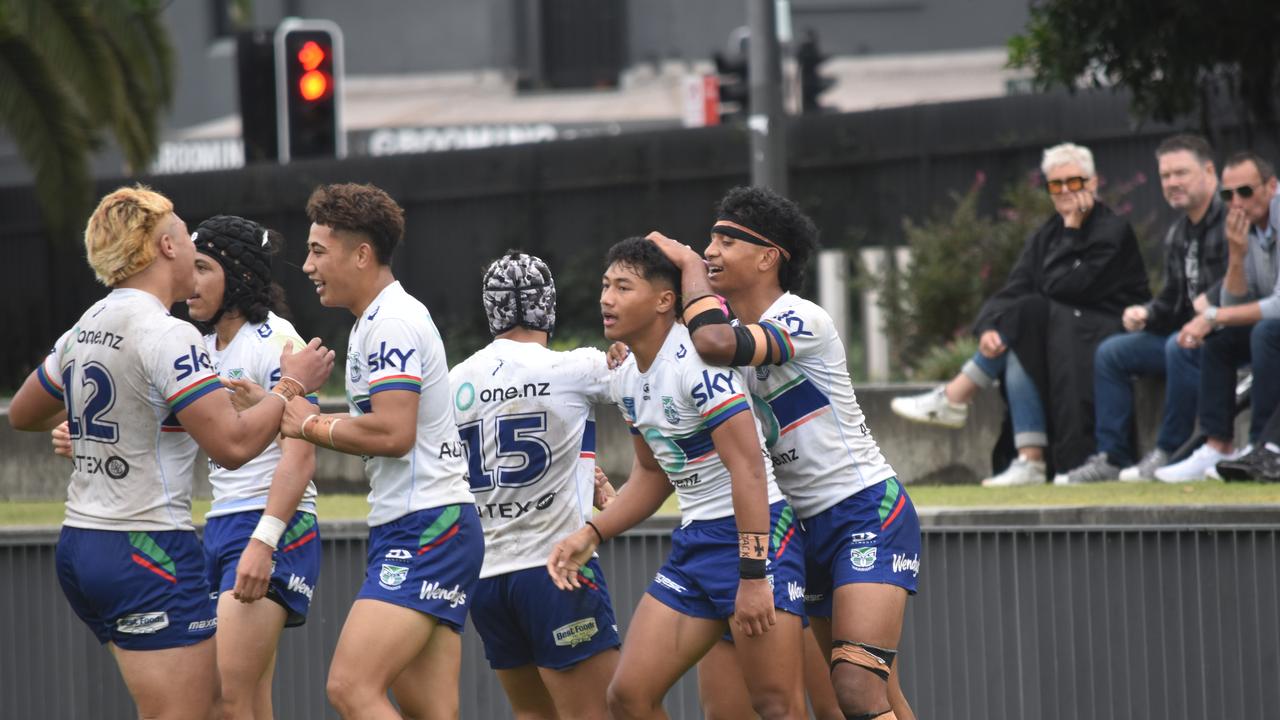Australia’s Missing Medals: the 25 athletes at the heart of swimming’s latest doping scandal
The Australian federal sports regulator is under fire for not standing up to China and WADA after revelations that 23 Chinese swimmers escaped punishment after testing positive to a banned drug.
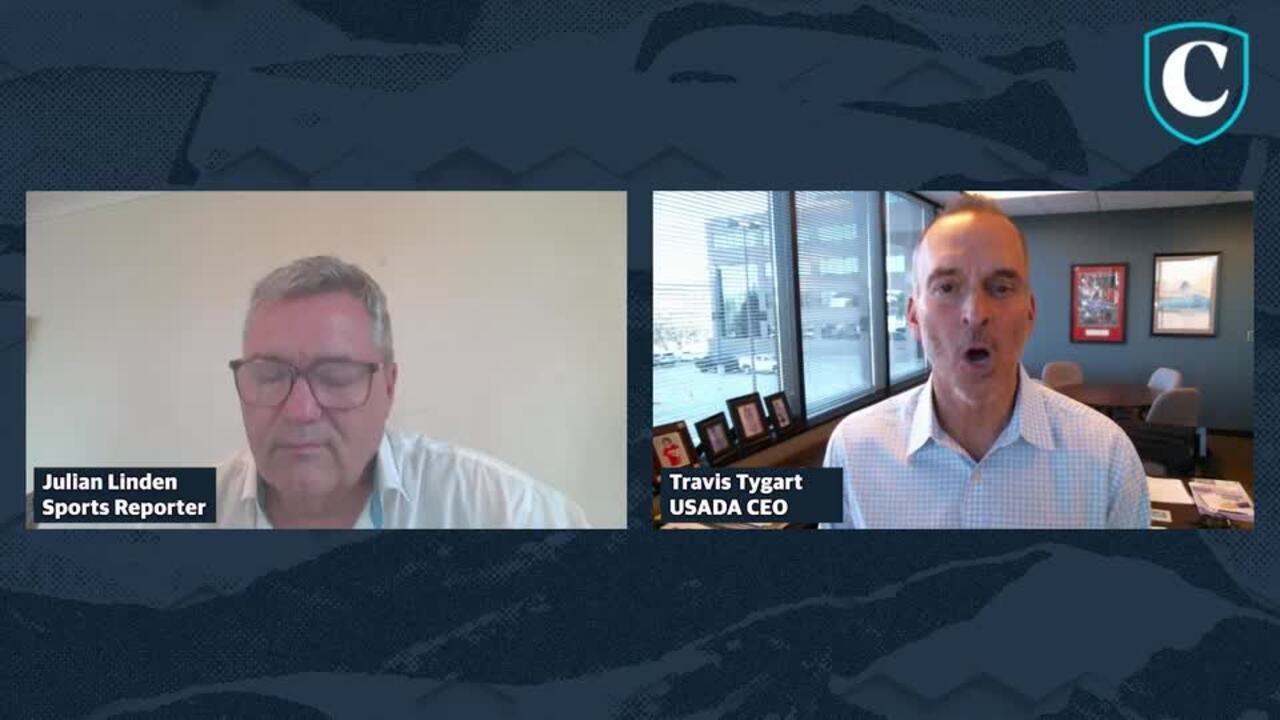
Sport
Don't miss out on the headlines from Sport. Followed categories will be added to My News.
The Australian federal sports regulator has come under fire for not standing up to China and the World Anti-Doping Agency (WADA) after revelations that 23 Chinese swimmers escaped punishment after testing positive to a banned drug.
While the Chinese swimmers were all let off without penalty after investigators ruled their positive samples to the banned heart-booster trimetazidine (TMZ) were caused by contaminated food, critics of the decision still believe they should have been given lengthy suspensions.
They point to the case of teenage Russian figure skater Kamila Valieva, who was slapped with a four year ban and stripped of all her medals and awards, including the gold medal in the team event at the 2022 Beijing Olympics, after she was also found to have tested positive to TMZ.
Valieva also blamed her positive doping test on contamination, suggesting it came from eating a strawberry dessert prepared by her grandfather on a chopping board he used to crush his heart pill.
PART ONE: ‘You get shot down or sued’: Inside world’s ugliest anti-doping battle
The appeal court disagreed and gave her the recommended four-year ban.
Had the same penalty been given to the Chinese, more than two dozen Australian swimmers could have been entitled to upgraded medals and prize money and performance bonuses approaching a quarter of a million dollars.
An investigation by CODE Sports found that 25 Australian swimmers – including some of the biggest names in the sport such as Emma McKeon, Kyle Chalmers, Ariarne Titmus, Kaylee McKeown, Mollie O’Callaghan and Zac Stubblety-Cook – were all beaten by rivals from China who had tested positive for the banned heart drug during the three-year cycle from the 2021 Tokyo Olympics to the 2024 Paris Games.
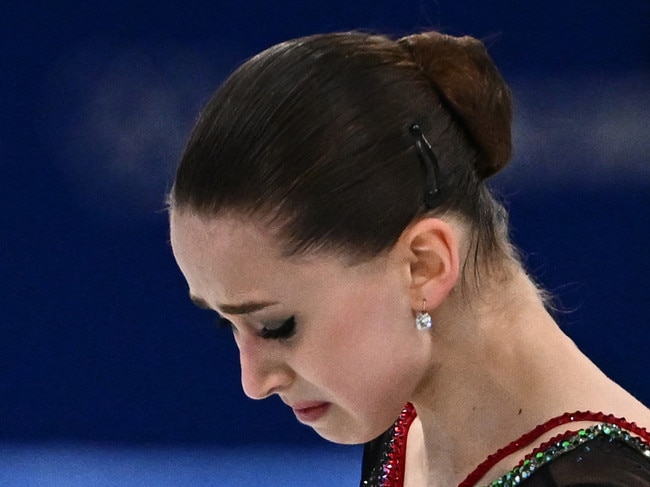
The period also includes three world championships and while WADA remains adamant the right decision was made not to punish the Chinese swimmers, critics are now questioning why Australian regulators didn’t press the global regulator harder.
Rob Koehler, the Director General of Global Athlete, said Sport Integrity Australia (SIA) should have been more forthright in grilling WADA.
“It is also extremely disappointing that Sport Integrity Australia has remained silent throughout this process when 25 Australian swimmers have been directly impacted due to the lack of due process,” Koehler told CODE Sports.
“The SIA’s role is to protect clean sport and to ensure a level playing field. One must ask why they have not taken a leadership position in demanding transparency from WADA and World Aquatics by releasing all files.”
SIA refuted the suggestion it went soft on China issue, with newly appointed chief executive Sarah Benson saying Australia’s approach was to engage with WADA in the interests of athletes.
“I’m comfortable with where WADA are at, but that is not to say we can take our foot off the pedal and not push for those things,” Benson said.
“We advocate strongly for athletes to ensure the system remains trusted and effective now and well into the future.
“These are absolutely interesting times for sport across the globe. We believe in continuous improvement and working collaboratively to solve complex problems. We need to acknowledge that the environment changes and therefore our approach also needs to evolve.”
The United States has been the loudest critic of WADA and is understood to be disappointed that some key allies haven’t been as vocal on the issue.
Australia is regarded as one of the main players in the global anti-doping movement, with a seat on the executive board and foundation but has been less vocal than usual during the last year after David Sharpe quit as SIA chief executive in June 2024.
His full-time replacement, Benson, was not appointed until last month.
The US government got involved in the WADA dispute over the Chinese case, refusing to pay its annual contribution to the global drugs watchdog. WADA responded by banning American representatives from sitting on its foundation board or executive committee.
The Australian government avoided getting in the conflict by making its annual contribution of $878,000.
One Australian who has long been a strong advocate for clean sport is Mack Horton, the 2016 Rio Olympic champion in 400m freestyle.
Horton missed out on a gold medal at the 2019 world championships when he was narrowly beaten by China’s Sun Yang, who was under investigation at the time for tampering with his samples before they could be tested for performance-enhancing drugs.
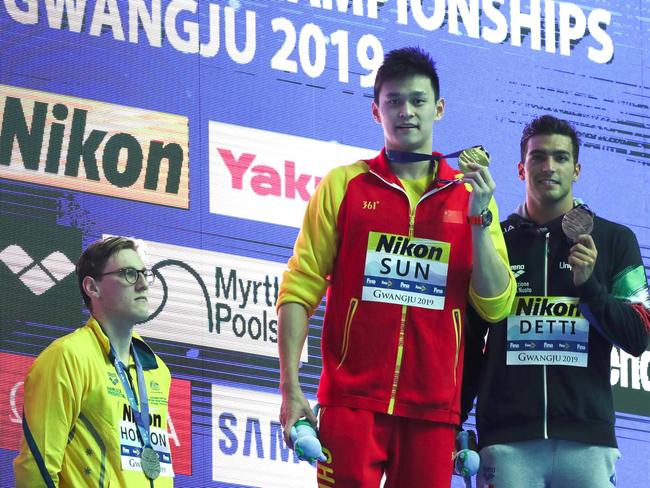
Sun was later found guilty and banned for eight years, reduced to four years and three months, but allowed to keep his gold medal.
A fearless anti-drugs crusader, Horton said it was important for everyone who believes in clean sport to keep seeking answers.
“We ask questions and push focus to the nth degree on our own shores,” he said.
“I don’t know if we draw the line at our border or our nation or if we need to take on more ownership globally, I actually don’t have the answer.
“But if we all want this to work better, and we want a better world, which is kind of a big statement, it starts with us and us being better at expecting high standards of others as well.”
Asked whether Australian authorities should have done more, Horton replied: “I don’t want them to have to. They should feel like they are able to, but I don’t want them to have to because I want the system to work properly.”
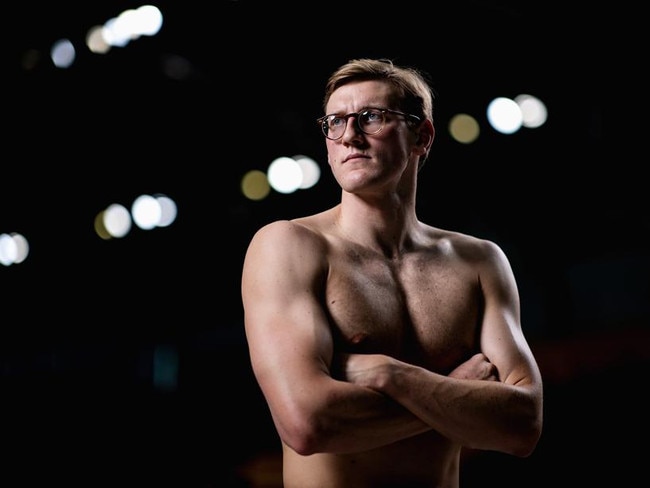
Breaststroke champion Zac Stubblety-Cook is another champion Aussie unafraid to speak his mind.
He won the 200m Olympic gold in Tokyo then added the world title in 2022 but was beaten for gold at the 2023 world titles by Qin Haiyang, one of the 23 Chinese who had tested positive to TMZ.
Frustrated, Stubblety-Cook said swimmers want to see more clarity with the way anti-doping cases are dealt with to ensure fairness.
“To be honest, it’s hard to say that justice was served — especially when we’re still waiting for real transparency and accountability,” he said.
“As athletes, we’re taught that clean sport is non-negotiable, but this situation undermines that principle. It’s frustrating to know that medals, moments, and recognition may have been taken away from clean athletes, and yet here we are a year later with little clarity and no real resolution.”
Like Horton, Stubblety-Cook has been joined by other leading international swimmers in calling for authorities to go into bat for them on big issues rather than leave it to competitors to fight the cause.
“I think it’s fair to say a lot of swimmers — not just in Australia, but globally — were disappointed by the lack of a stronger response. When the rules aren’t applied equally, it damages trust in the system,” he said.
“From my perspective, we owe it to the next generation of athletes to ensure these kinds of issues aren’t brushed aside. Australian swimmers are proud of our values around clean sport, and we want to see those values defended with conviction.”
More Coverage
Originally published as Australia’s Missing Medals: the 25 athletes at the heart of swimming’s latest doping scandal




